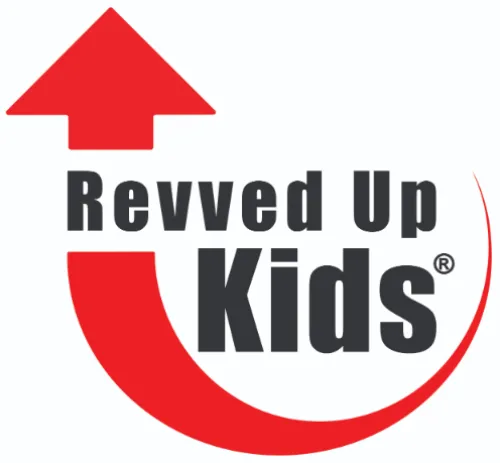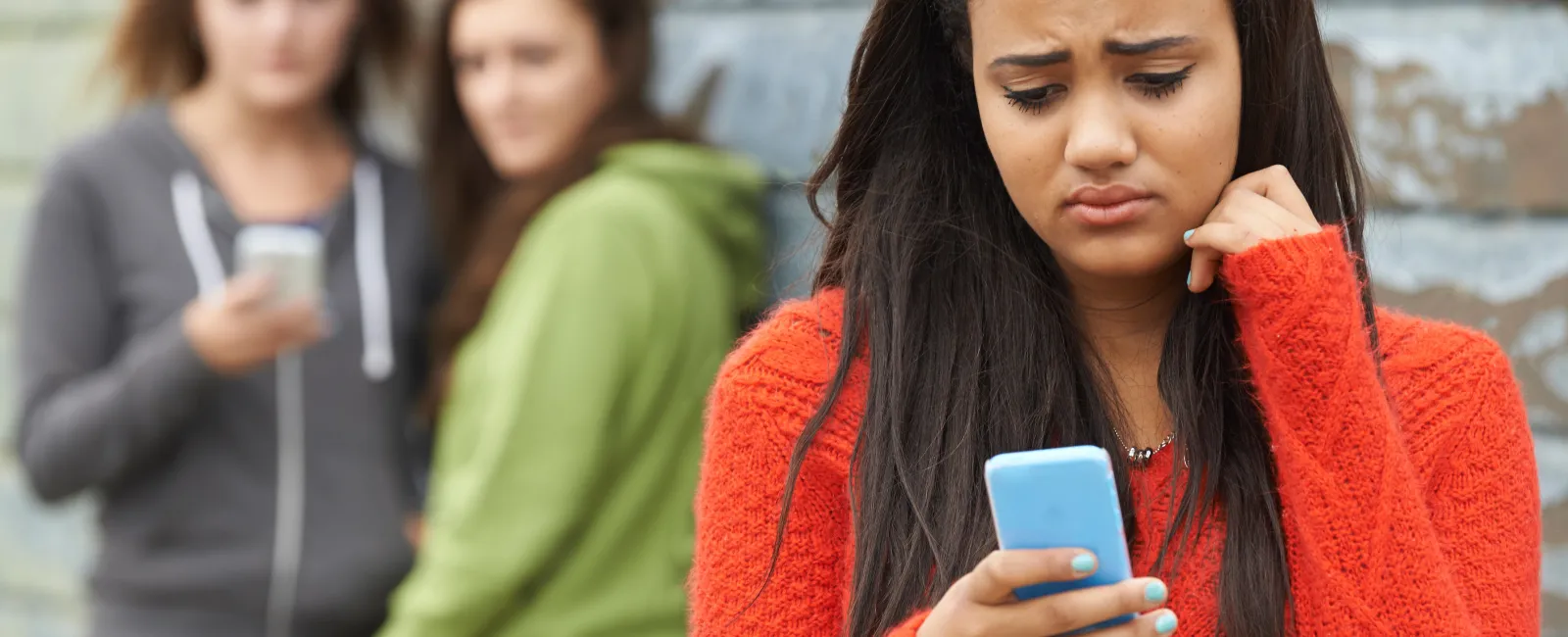1 in 3 teens have experienced cyberbullying
Back in the "olden days" before the internet, the school
bully thrived on the attention from bystanders on the playground, in the
hallways between classes, in the cafeteria or locker room. There are many
reasons that kids bully (number one: kids do what they learn and many are
acting out because they're being bullied at home) but the common thread that
keeps a bully bullying is attention. Positive or negative, the behavior puts
the bully in the spotlight and they thrive on it.
Fast forward to the age of the internet and suddenly bullies
have a whole new platform and a much bigger audience; plus, they often have the added benefit of anonymity. Today's victims may not be getting shoved into a locker or having
food dumped on them in the cafeteria, but cyber-bullying is no less damaging to
the psyche. Myriad children have literally been bullied to death online.
Our kids have a wonderful world at their fingertips, but
it's a world that comes with a lot of pain and angst. Bullying has evolved, and
sometimes it's so subtle it's hard to see unless you know what to look for.
Take for example the super cute photo your daughter posts on Instagram of a
group of her friends. She tags four of them but deliberately doesn't tag the
fifth. You see a cute post of your daughter and her posse; the fifth friend
feels hated and discounted. If that happens over and over and over, it's like
being punched in the gut again and again. Or all the cute stories about social
gatherings that kids post….imagine being the kid who sees all of their friends
on an outing together and realized they weren't invited.
Sometimes cyberbullying is overt, and the hate is palpable.
It may be a single, anonymous bully who targets your child with relentless
private messages from a fake account. The feeling of being cyber-stalked is
exactly the same as the feeling of being stalked in real life, and it's
terrifying. It might be a crowd that targets one victim with a goal of
continually tearing that child down. When kids are online they're much less
filtered; they will say things that they'd never consider saying to someone's
face. Being on the receiving end of this level of group hate is pain beyond
words.
Finally, there are kids who use their bullying to make viral
videos. These are more often physical encounters where the assault on the
victim is recorded and then uploaded for the whole world to watch. With every
view, the child is revictimized again and again and again.
What is a parent's role in all of this? First, assume that
your child's social media life includes seeing a lot of hateful, awful
posts…that's part of life online and no one is exempt from being exposed to it.
Next, tune in to the subtle ways that your child might be a victim or a bully
online. Are you seeing lots of posts about social activities from their friend
group that don't include your child? Does your child seem depressed after they
spend time on their social media? Are you seeing your child liking or reposting
things that seem mean or hateful? In the same way that you keep watch over
their social life in their real world, you should be watching over their online
social life and looking for red flags.
According to the National Crime Prevention Council, only one
in ten victims will disclose to a parent that they are being bullied. If your
child is victimized, create a "paper trail" of incidents by taking screen shots.
In a situation that involves your child's school, document dates/times/details
of all incidents of bullying AND all conversations with school administrators
and teachers. Know your rights and your child's rights (check your state's
Department of Education policies about bullying). It is not advisable to
contact the parents of the bully directly.
Many kids say they wish social media would just go away…but
none of them want to be the "only one" who doesn't use it. If your child isn't
willing to get off social media, help them to try and make it a better place by
setting a good example for their peers. An open conversation is your best
defense against the hate your child will see online. Talk with them about mean
and hateful posts you see on their feed, or your own feed. Ask their opinions
and share yours without judgment. Encourage them to use reporting tools in the
apps if they see anyone being bullied…a lot of times the victims are too
overwhelmed to report it, so it's important that bystanders become upstanders
and take action.
Revved Up Kids has trained tens of thousands of children to recognize dangerous people, avoid unsafe situations, and escape attackers. Our training programs are available for boys and girls in K-12th grade, for parents, and for youth serving organizations. Contact us to discuss protecting the children you love from predators and violence, 678.526.3335.

